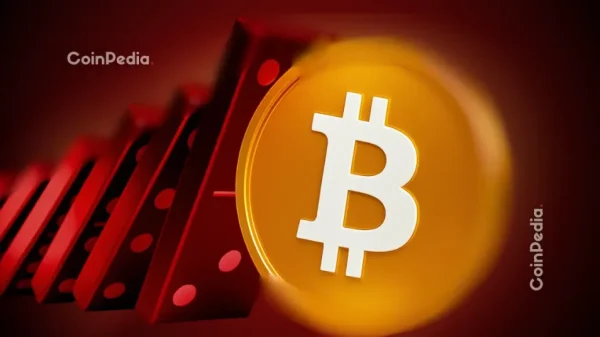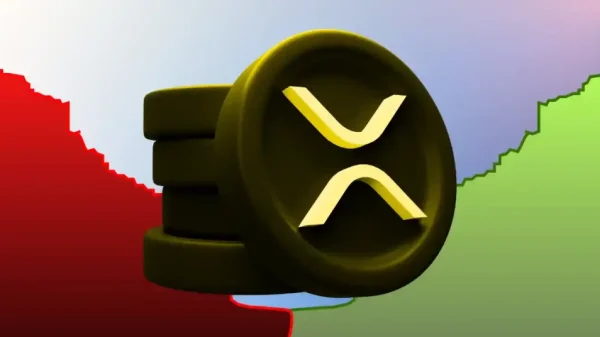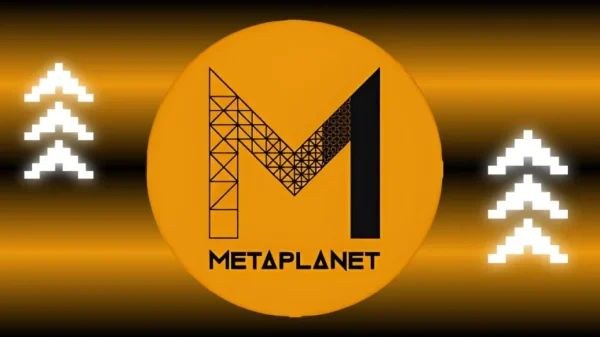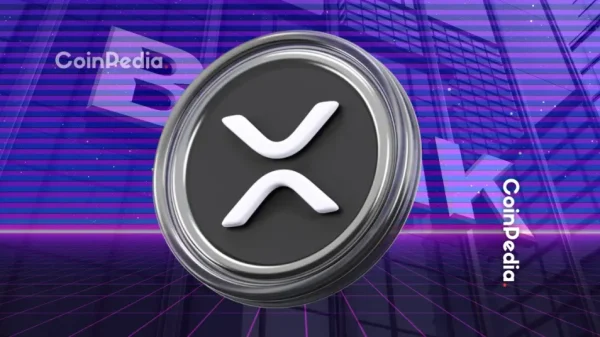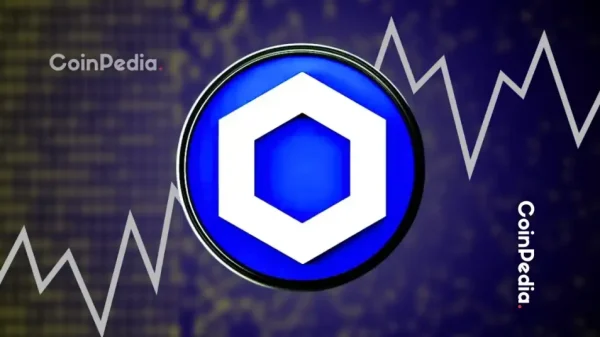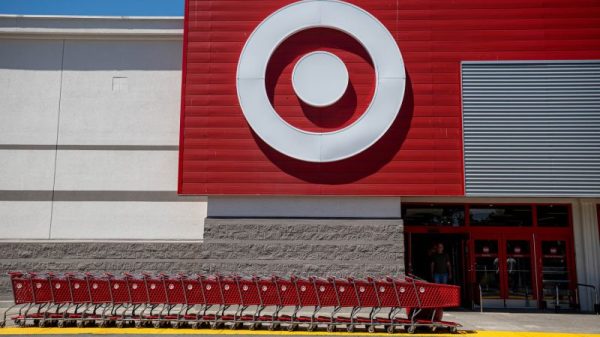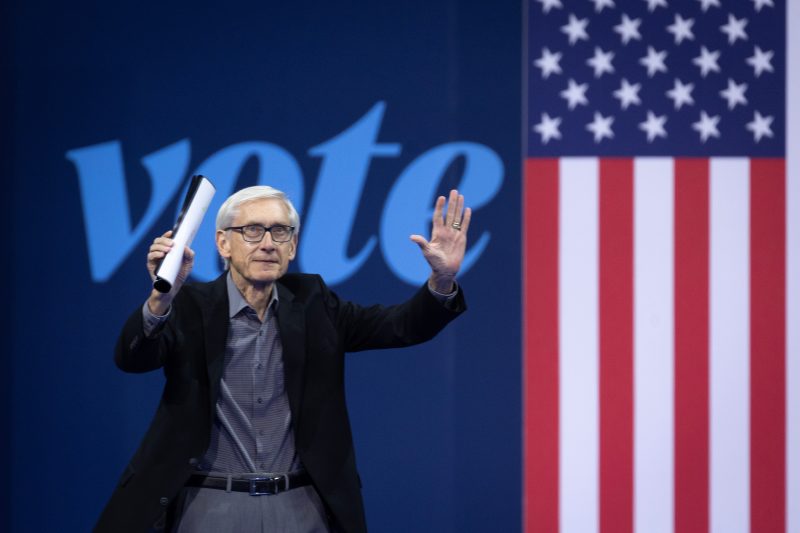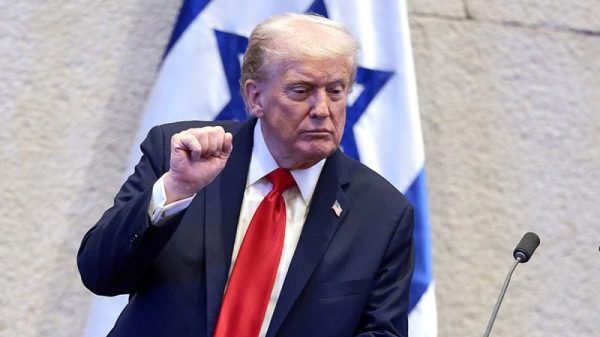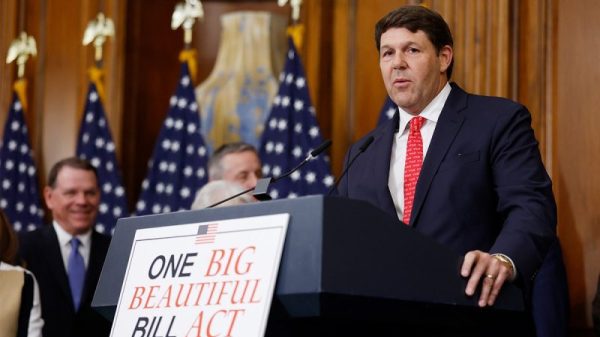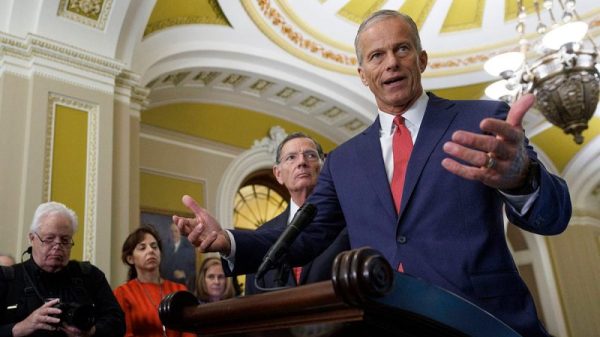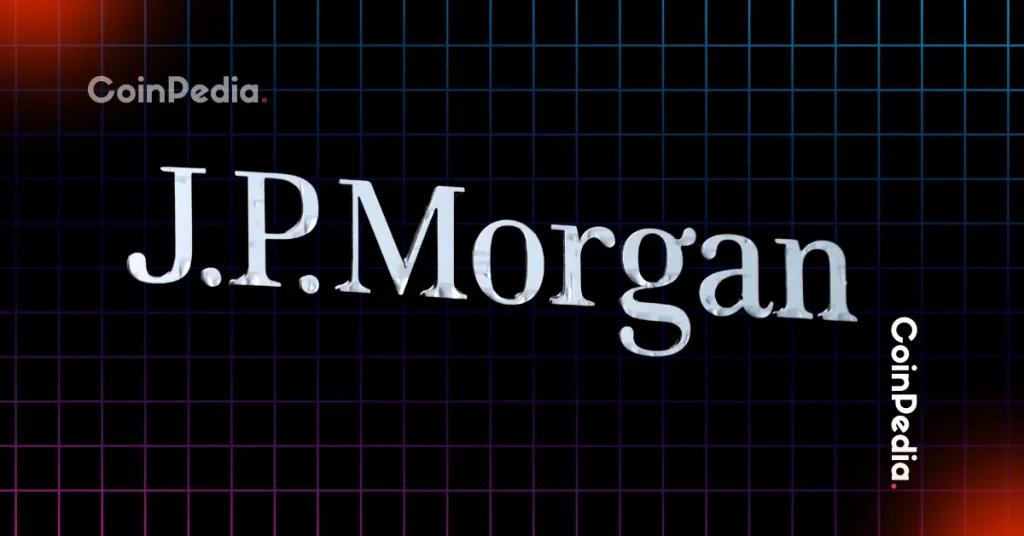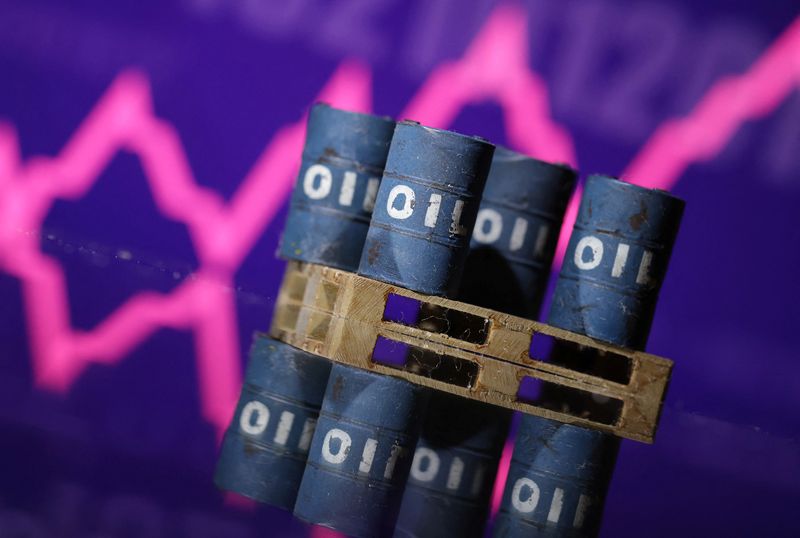The post JPMorgan and DBS Bank to Enable Tokenized Deposit Transfers Across Blockchains appeared first on Coinpedia Fintech News
JP Morgan and Singapore’s DBS, a leading financial services group in Asia are teaming up to create a system that lets banks move tokenized deposits across different blockchains.
By linking their digital banking services, the two institutions aim to make cross-bank, cross-chain transactions faster, more efficient, and available around the clock for institutional clients. This builds on their existing blockchain capabilities as they aim to expand it further.
Creating Cross-Bank, Cross-Chain Payment Highways
The partnership will connect DBS Token Services with Kinexys Digital Payments that will facilitate cross-bank, cross-chain settlements.
The framework will allow tokenized deposits to be exchanged and settled smoothly across both public and private blockchains, aiming to set a new standard for the industry.
After the completion, this will create “interoperability highways” between the two banks, linking public and private blockchains. Clients will be able to make on-chain transactions across institutions more easily, reaching a wider network than ever before.
Both the banks already offer their clients 24/7 access to liquidity and instant payment settlements within their blockchain networks. With this collaboration, they aim to expand them.
This would allow the institutional clients of Southeast Asia’s largest bank, DBS, and the U.S.’s largest bank, JPMorgan, to pay each other and move tokenized deposits across borders in real time, 24/7.
Ensuring Singleness of Money Across Chains
The banks note that this system maintains the “singleness of money,” as tokenized deposits stay interchangeable and hold the same value across different banks and blockchain. This is a crucial feature in today’s multi-chain, multi-bank world.
Rachel Chew of DBS Bank highlighted that the 24/7 instant payments give businesses the speed and flexibility to seize opportunities globally. She added that connecting different digital asset systems is key to safely moving tokenized money across borders.
She noted that DBS’s collaboration with J.P. Morgan’s Kinexys marks an important step toward smoother cross-border payments and this could also open the door for future partnerships, helping build the next generation of financial services.
“Working with DBS on this initiative is a clear example of how financial institutions can collaborate to further the benefits of tokenized deposits for institutional clients while protecting the singleness of money and ensuring interoperability across markets,” said Naveen Mallela, global co-head of Kinexys.
Also Read : Crypto News Today [Live] Updates On November 11,2025: Bitcoin Price,US Government Shutdown,Uniswap Price,ETH Price,XRP ETF Update ,
Tokenisation Gains Momentum
This comes at a time when tokenized finance is growing rapidly.
DBS recently partnered with Franklin Templeton, and Ripple to provide accredited and institutional investors with trading and lending solutions. JP Morgan issued a deposit token called JPMD on the public blockchain built by Coinbase.
Notably, a survey by the Bank for International Settlements found that banks in nearly one third of the countries surveyed are already exploring tokenized deposits through pilots, launches, or research.
Through this move, DBS and J.P. Morgan’s Kinexys aim to make tokenized deposits more usable and scalable. This partnership could change the way global businesses handle their finances, all while being compliant with regulations.
Never Miss a Beat in the Crypto World!
Stay ahead with breaking news, expert analysis, and real-time updates on the latest trends in Bitcoin, altcoins, DeFi, NFTs, and more.
FAQs
They are building a system to move tokenized deposits across blockchains, enabling faster, 24/7 cross-bank transactions.
By linking tokenized deposits across chains, banks can settle payments instantly and efficiently for institutional clients globally.
Tokenized deposits increase liquidity, streamline settlements, and allow banks to offer real-time, interoperable financial services.
It could set a new standard for cross-chain banking, making tokenized money scalable, compliant, and widely usable for global businesses.

